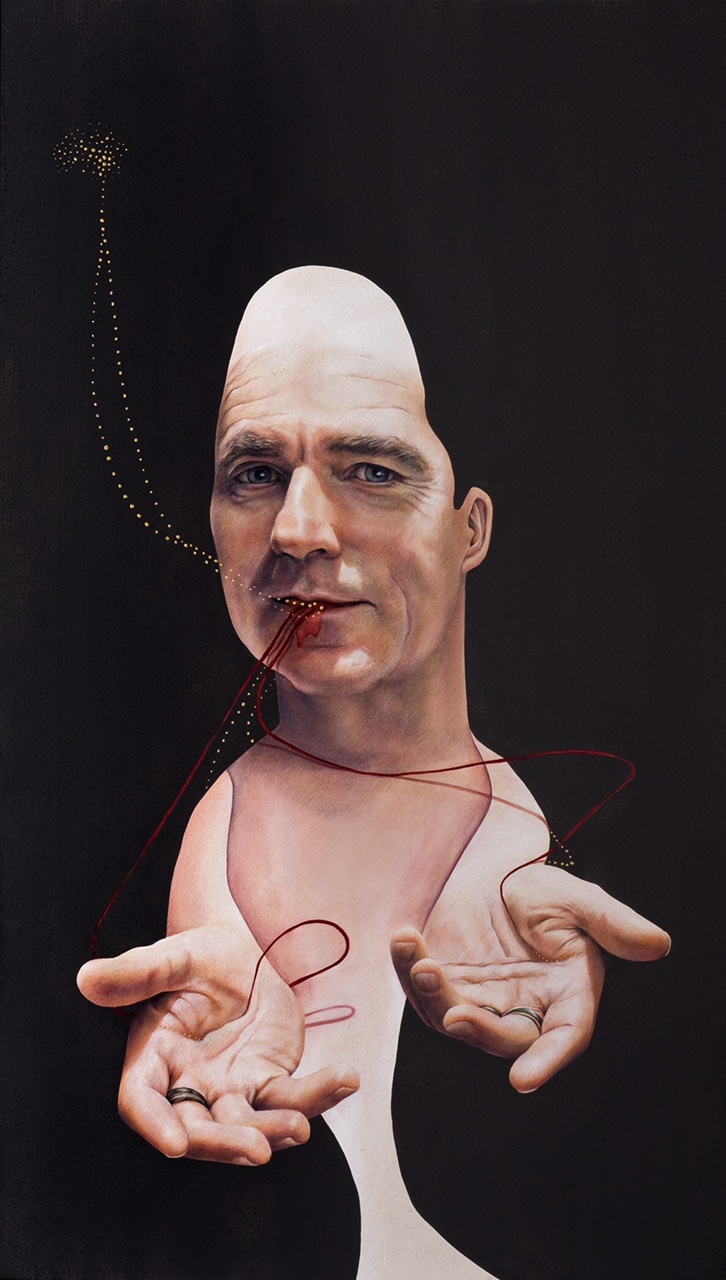Presented by the Herbert D. Katz Center for Advanced Judaic Studies and cosponsored by Penn Humanities Forum, Departments of History and Religious Studies, and Jewish Studies Program.
University of Chicago philosopher Jonathan Lear argues that to understand what psychoanalysis is – as well as its ethical significance – one needs to understand the psychoanalytic situation. And that situation needs to be understood in terms of an I-Thou relationship. As does a person’s relationship to his or her own unconscious.
Jonathan Lear is the John U. Nef Distinguished Service Professor at the Committee on Social Thought and in the Department of Philosophy at the University of Chicago. Before joining Chicago's faculty, he was professor of philosophy at Yale and a fellow at Clare College, Cambridge. He studied philosophy at the University of Cambridge and took his PhD at The Rockefeller University. He also trained as a psychoanalyst at the Western New England Institute for Psychoanalysis.
Lear's work focuses on philosophical conceptions of the human psyche from Socrates to the present, and he is renowned for his study of the intersections of philosophy and psychoanalysis. He is the author of ten books, including Freud, Love and Its Place in Nature: A Philosophical Interpretation of Freudian Psychoanalysis, as well as Therapeutic Action. Love and Its Place in Nature looks at the central role of love in Freudian psychoanalysis. In his most recent book, A Case for Irony, he argues that no genuinely human life is possible without irony. A number of his books have been translated into several languages.
He is a recipient of the Andrew W. Mellon Foundation Distinguished Achievement Award. In 2014, he was appointed the Roman Family Director of the Neubauer Collegium for Culture and Society. He has held fellowships at the Franke Humanities Center, and at the Centre for Advanced Studies, Norway. He is the three times recipient of the Gradiva Award from the National Association for Psychoanalysis for best psychoanalytic book.



